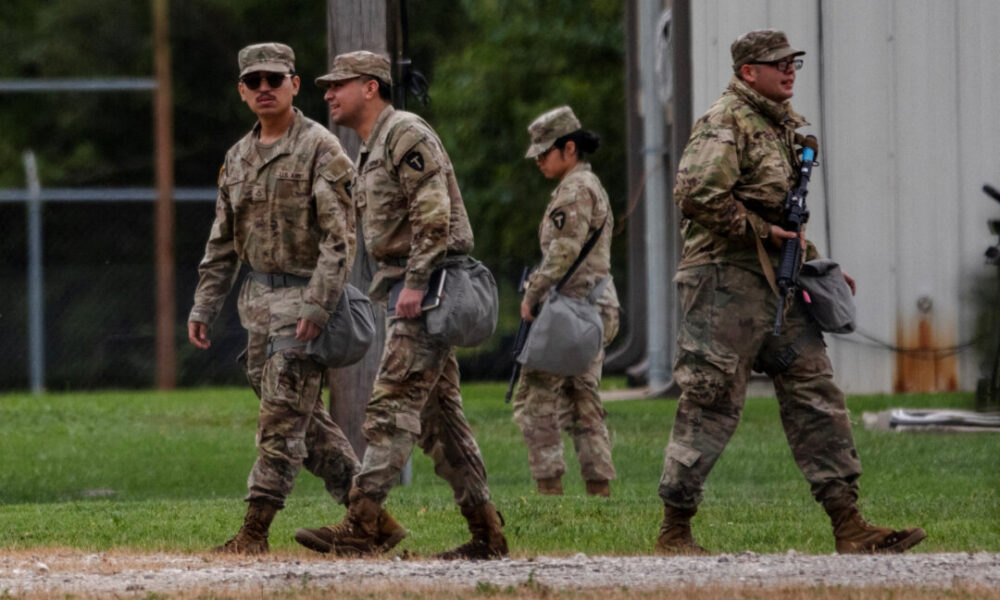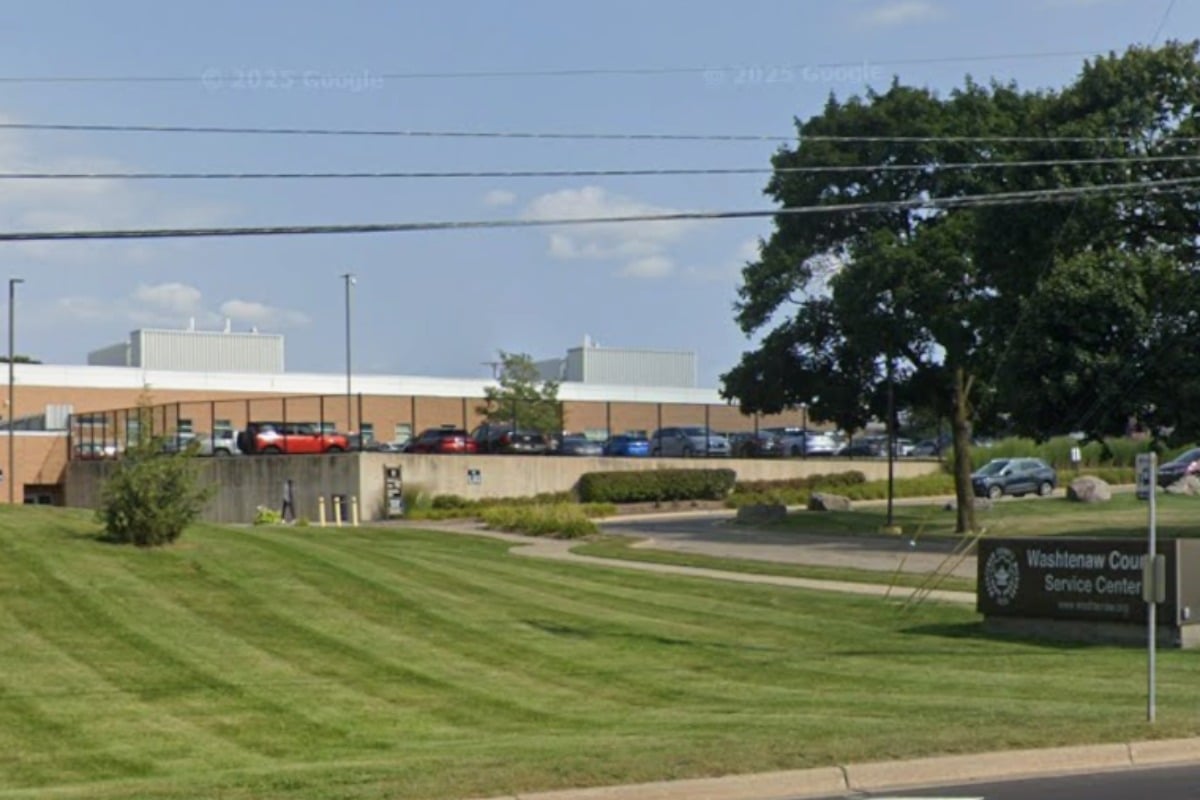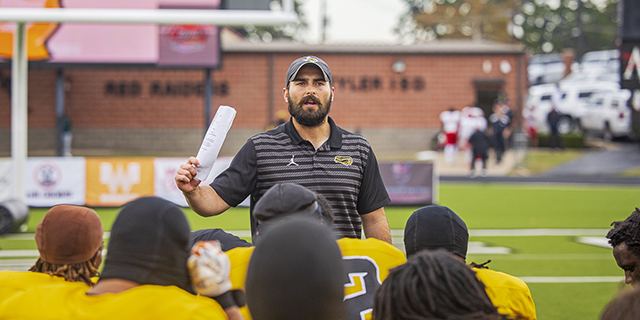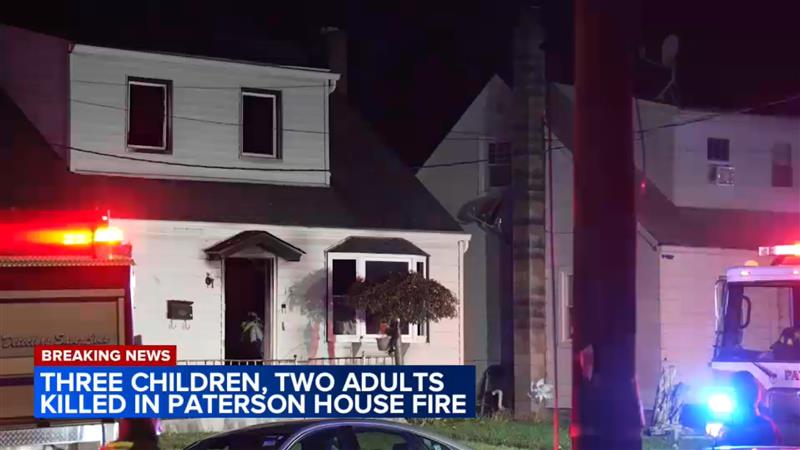UPDATE: San Francisco Mayor Daniel Lurie has swiftly rejected President Donald Trump‘s proposal to deploy the National Guard to address crime in the city, stating it would not solve ongoing issues. Lurie’s comments come in response to Trump’s remarks made earlier today, making headlines as his administration targets urban crime.
In a statement released on October 20, Lurie emphasized that sending the National Guard to San Francisco would be ineffective in tackling the city’s challenges, particularly the fentanyl crisis. “I am deeply grateful to the members of our military for their service to our country, but the National Guard does not have the authority to arrest drug dealers—and sending them to San Francisco will do nothing to get fentanyl off the streets or make our city safer,” he declared.
This urgent response highlights the ongoing debate over how to effectively combat rising crime rates and the devastating impact of drug-related issues in urban areas. Lurie’s rejection of the National Guard aligns with his administration’s focus on community-based solutions rather than militarized responses.
Trump’s comments have sparked widespread discussion and controversy, raising concerns about the implications of federal intervention in local law enforcement. As crime rates rise in various U.S. cities, the push for more aggressive federal action is becoming a central theme in political discourse.
With the fentanyl epidemic claiming thousands of lives annually, Lurie stressed that local authorities are already making strides in addressing these pressing issues through innovative programs and community support, rather than relying on military presence.
This developing situation is crucial for residents of San Francisco and beyond. As the conversation continues, many are left wondering what effective measures can truly make a difference in their communities. The mayor’s stance reinforces a call for solutions that prioritize public health and safety over militarization.
As the debate unfolds, all eyes will be on San Francisco to see how local leadership responds to federal pressure and what strategies will be employed moving forward. The impact of this dialogue could resonate well beyond the city, influencing national policies on crime and public safety.
Stay tuned for further updates on this urgent issue as it develops.







